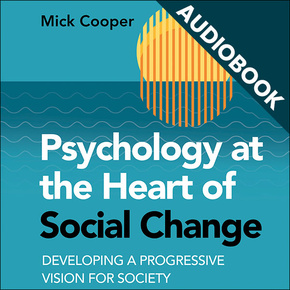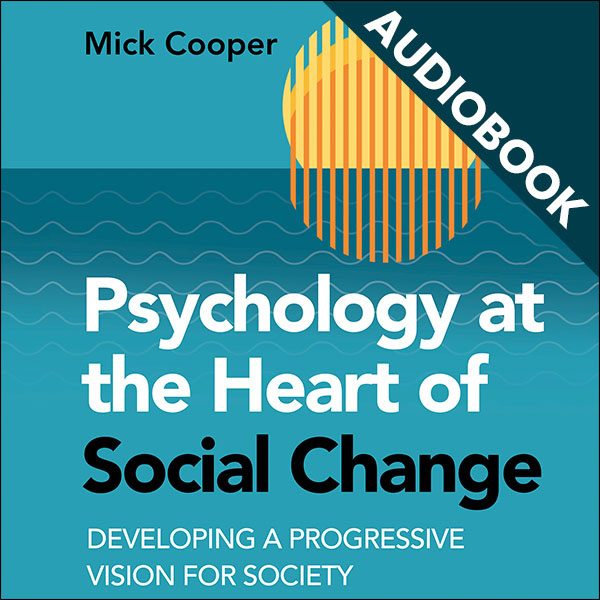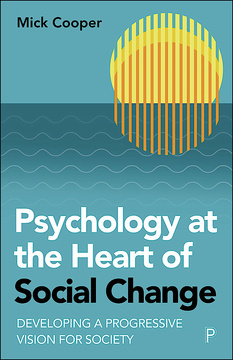Published
Nov 1, 2024Duration
13 hour 14 minutesISBN
978-1447376026Imprint
Policy PressWe live in troubled times: climate crisis, war and authoritarian ‘populism’ are just some of the challenges we are currently facing. Never has there been such a need for a new approach to politics – nor such an opportunity for one.
To create a world in which people thrive, we need to know what thriving is. Over the past century, psychotherapy – and its parent discipline, psychology – has built up a vibrant, nuanced and highly practical understanding of human wellbeing and distress. This book describes a progressive political approach that integrates insights from the psychotherapeutic and psychological domain, moving us from a politics of blame to a politics of understanding.
In this vision of society – surrounded by a culture of radical acceptance – all individuals can live rich and fulfilling lives. We need those shaping our political landscape to understand psychological needs and processes more deeply to enhance our ability to work with others in a spirit of collaboration, dialogue and respect.
Mick Cooper is Professor of Counselling Psychology at the University of Roehampton and a chartered psychologist. Mick is best known for his writing in the psychological therapies field. He is author/co-author of ten books, and co-editor of a further eight. Mick has led international research on counselling for children and young people, goals in therapy, and psychotherapy preferences. He is a leading figure in the humanistic psychology field, receiving the 2014 Mid-Career Award from Division 32 (Humanistic Psychology) of the American Psychological Association. Mick is the father of four children and lives in Brighton.
1. Introduction: Progressive politics needs therapy
2. A psychology-informed progressivism v1.0: socialist humanism
3. Understanding people: a contemporary framework
4. Wellbeing and distress: a directional account
5. Conflict and cooperation, inside and out
6. Common principles of positive change
7. Making it happen: concrete strategies for a psychology-informed progressivism
8. The further future: envisioning a progressive utopia
9. A day in utopia
10. In conclusion …









